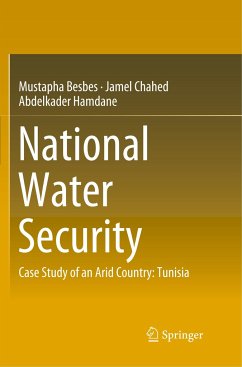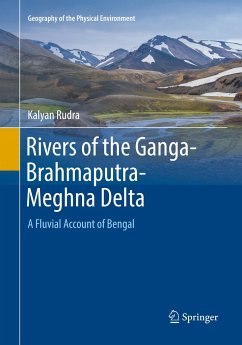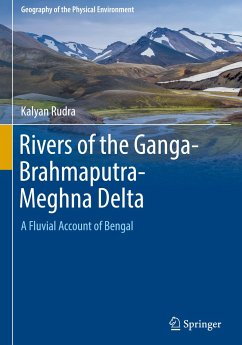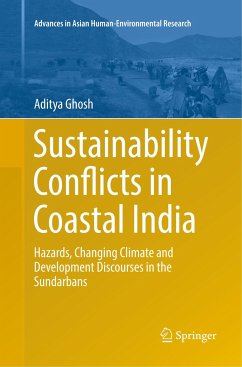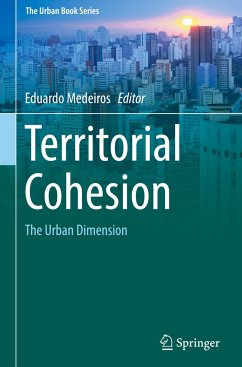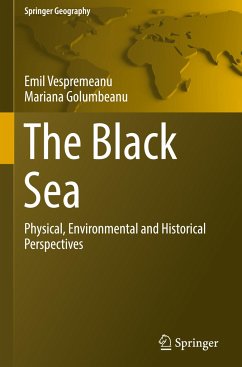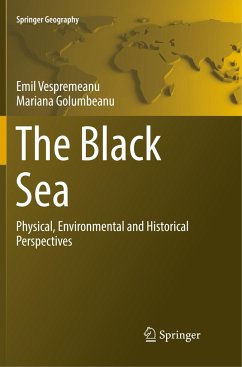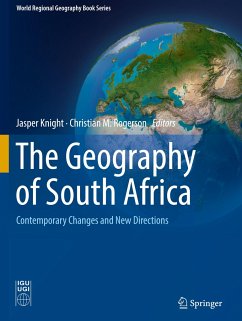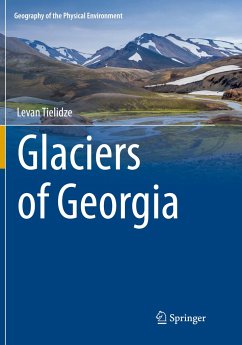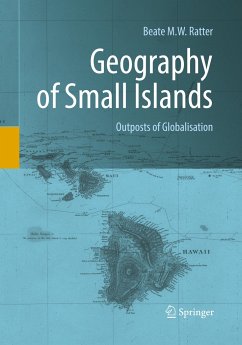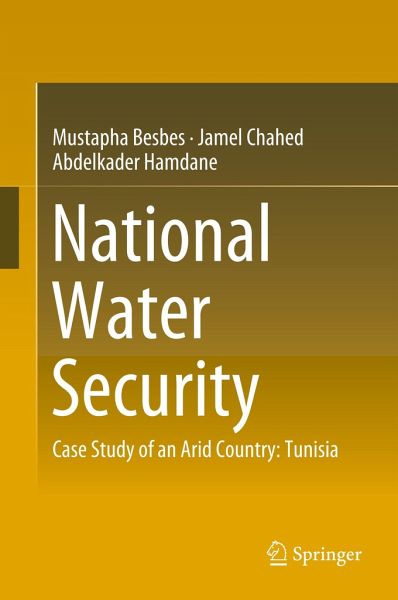
National Water Security
Case Study of an Arid Country: Tunisia
Versandkostenfrei!
Versandfertig in 6-10 Tagen
76,99 €
inkl. MwSt.
Weitere Ausgaben:

PAYBACK Punkte
38 °P sammeln!
This book shows how the change of water paradigm has become urgent, and provides evidence for new policies that expand water balance to green and virtual water. The issue of water security concerns drinking water supply but also food safety, linked to agricultural policy. Both rain-fed and irrigated agriculture play complementary roles in food security, and the water issue implies a holistic view of water resources. This view constitutes the book's backstory. The reader will find original ideas that can be applied everywhere because the example of Tunisia is typically a basis to illustrate a u...
This book shows how the change of water paradigm has become urgent, and provides evidence for new policies that expand water balance to green and virtual water. The issue of water security concerns drinking water supply but also food safety, linked to agricultural policy. Both rain-fed and irrigated agriculture play complementary roles in food security, and the water issue implies a holistic view of water resources. This view constitutes the book's backstory. The reader will find original ideas that can be applied everywhere because the example of Tunisia is typically a basis to illustrate a universally prevalent situation. The book deals with other important issues: desalination, wastewater recycling, water quality, groundwater overdraft, water savings, governance, knowledge valuing, education, information: upgrading the whole water systems for the future implies emancipation of the whole society.



